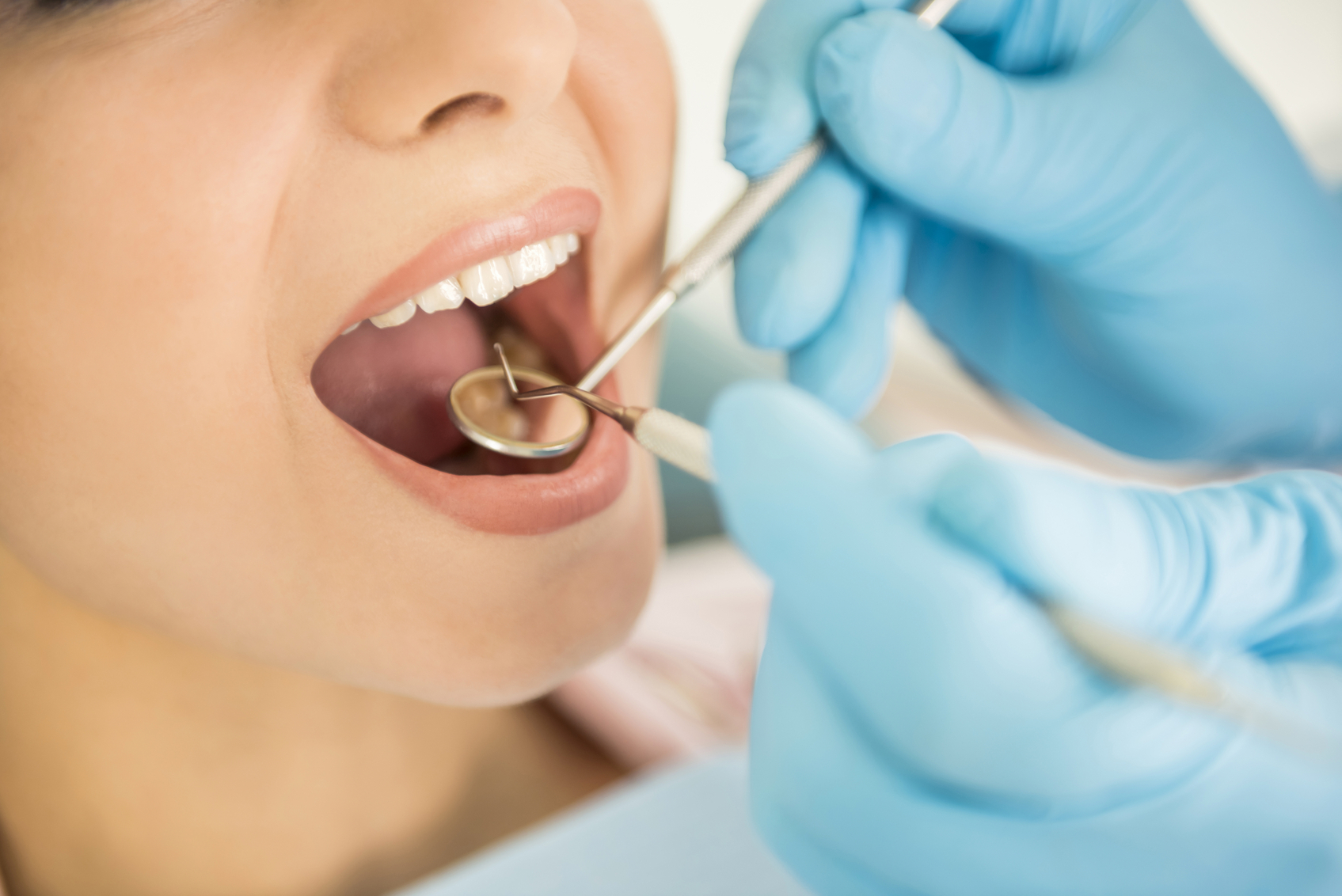For decades, addiction medicine was a specialty practiced only by psychiatrists. This was due to the fact that training was not available to those who were studying to become general practitioners. Now, addiction medicine is set to become the newest specialty in general medicine, much like dermatology, cancer treatment, or pediatric medicine.
Faced with a shortage of medical professionals trained to combat America’s rising substance abuse and alcoholism epidemics, the medical establishment was forced to acknowledge that lack of training opportunities for non-mental health doctors makes early intervention for substance abuse nearly impossible. These same leaders have also had to acknowledge that lack of respect for addiction as a bona fide area of practice contributed to the problem. You can read a number of FAQs about addiction treatment here.
In the past, even medical doctors debated whether addiction to alcohol was more a lack of willpower and less of a physical ailment like high blood pressure, which needs ongoing monitoring and treatment. This unwillingness to accept substance addiction as a bona fide medical disease was likely a result of a lack of understanding of the brain and has been replaced over the last fifteen years by knowledge gained from studying MRI scans of addicts. There is now an acknowledgment that addiction to drugs or alcohol results in physical brain changes. The good news is that, because there is a physical component to addiction, managing the disease with medicine and therapy could eventually be as standard as caring for those with diabetes or other chronic illnesses.
In 2007, the American Board of Addiction Medicine was instituted to encourage treatment of addiction within general medical practices. Its goal is to eventually get addiction medicine accredited by the Accreditation Council for Graduate Medical Education so that the specialty would be treated as a primary residency that would be started after graduation from medical school. As the first step to accreditation, the addiction medicine program must be adopted at a minimum of twenty medical schools across the country.

Though each school has been left to develop its own curriculum in addiction medicine, training will focus on recognizing and diagnosing substance abuse among its patients and carrying out brief interventions to discuss treatment options for detoxification and recovery. Students will also be trained on various legal and everyday consequences of addiction.
Another focus of the new addiction training will be overcoming the belief that the majority of addicts can attain lasting recovery with just one month in rehab. Given the permanent physical changes that take place in the brains of some addicts, this is just not realistic. Instead, the doctors in this new residency program will be taught that treatment for addiction does not necessarily result in a cure. Instead, patients must remain under the routine care of a doctor in order to avoid relapse.
Though few addiction professionals believe that recovery can be attained solely by ingesting anti-addiction drugs, many have come to believe that pharmaceutical intervention combined with therapy, like self-help or 12-step programs, provides many addicts the best opportunity for getting and staying clean. Drugs like methadone and buprenorphine have been shown to block cravings and lessen withdrawal symptoms in those addicted to opioids. The interaction between drug therapy and mental health treatment will be just one of the topics under investigation during the new addiction residency.











